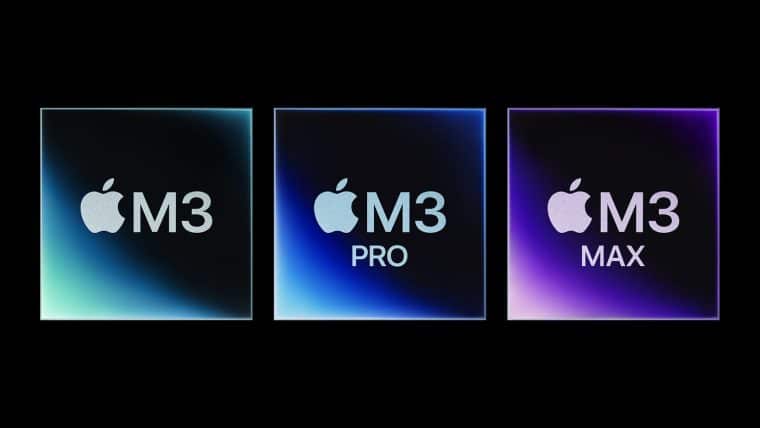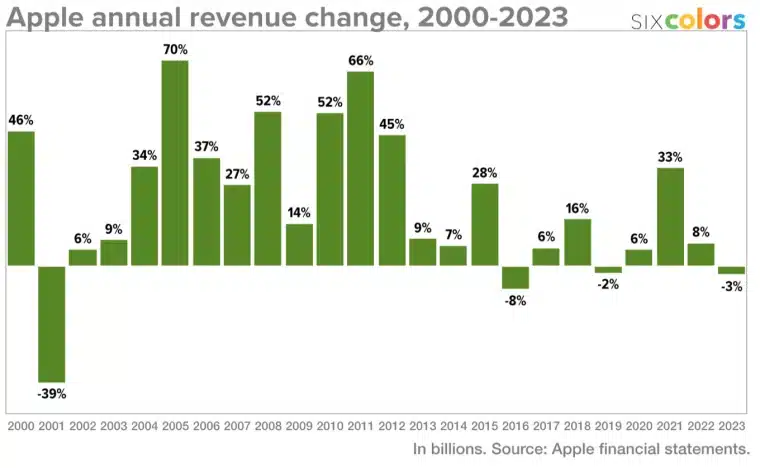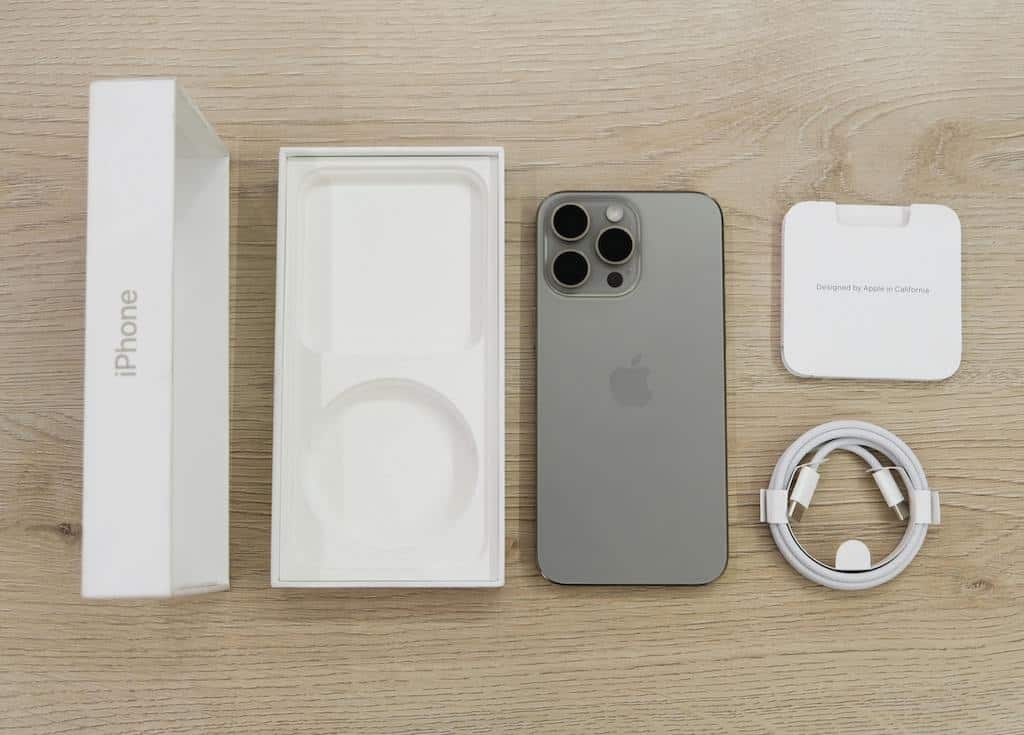Your iPhone is the dumbest it will ever be again. Apple is quietly accelerating its capabilities in artificial intelligence, making a series of acquisitions, staff hires, and hardware updates that aim to bring advanced AI to its next generation of iPhones, according to industry data and insights from tech sector insiders.
While its Big Tech rivals are pushing out AI products like chatbots as fast as possible, Apple is focusing on empowering the most successful product of all time: the iPhone. It has honed in on tackling the technological challenge of running AI algorithms efficiently through mobile devices so that it will be the first to bring an actually intelligent AI-powered smartphone to the market.
Apple Quietly Scoops Up Tons of AI Tech
If you have followed tech news over the past year or 2, this is all probably a bit surprising. Apple rarely discusses AI at all while Google and Microsoft seem to be competing over how many times they can use the word AI and other jargon at their events.
It turns out that Apple has actually been more active than any rival tech giants in acquiring AI startups, buying 21 since early 2017, according to Pitchbook research. Its most recent purchase was the California-based WaveOne in early 2023, which provides AI-powered video compression.
There were a few early signs to show Apple’s quiet dedication to AI too. Roughly half of Apple’s current AI job listings include the term “deep learning” according to Morgan Stanley. Deep learning is a subset of AI that essentially teaches computers how to think, write, code, and even produce images like humans. It’s the same kind of technology that powers the large language models pioneered by Apple’s rivals.
Alongside Apple’s focus on AI on mobile devices, it is reportedly working on developing its own large language models comparable to popular chatbots like OpenAI’s ChatGPT, according to industry insiders.
Bringing Advanced AI to iPhones and Other Devices
Apple’s primary objective appears to be developing methods for running advanced generative AI algorithms directly on mobile device hardware rather than relying solely on cloud computing services.
This effort requires reducing the size of complex AI models with billions of parameters, as well as designing faster smartphone processors tailored for AI workloads. It may even enable the use of advanced AI models while completely offline.
While competitors like Samsung and Alphabet (GOOG) have already released smartphones that boast some impressive AI features (notably the Samsung Galaxy series and Pixel series), their implementations rely largely on cloud connectivity. This is because AI models generally require a lot of computation that phone chips simply can’t handle Apple seems focused on solving this problem to enable on-device AI to provide smoother experiences that can be independent of the state of internet connectivity.

Analysts expect that Apple will reveal more details about its AI strategy at the annual Worldwide Developers Conference in June. Analysts predict the upcoming iOS 18 update will include more AI capabilities focusing on privacy and security. Siri could also get upgraded with generative powers.
Tailor-Made Chips Unlock New AI Capabilities for Apple Devices
Apple’s research and development of cutting edge AI iPhone chips is not its only recent impressive hardware achievement. Its new M3 Max chip for MacBooks boasts processing muscle for intensive AI development. The S9 processor in the latest Apple Watches enables Siri to log and access data while offline. Meanwhile, the latest iPhone 15 ships with an A17 Bionic chip that boasts a neural engine designed to accelerate AI tasks.

Apple also made a research breakthrough in running complex language models using Flash storage instead of RAM, which increases the efficiency of local data processing. A partnership with Columbia University resulted in an AI assistant called Ferret that offers detailed descriptions of images and objects.
While still in their early stages, such innovations show Apple’s commitment toward on-device AI aligned with its stringent data privacy stance. Combined with its robust chip design expertise focused on AI workloads, Apple seems well positioned to stand out with differentiated generative AI capabilities tailored for iPhones and other devices.
iOS 18 could introduce exclusive features like auto-summarization in Notes, intelligent scheduling with Siri, personalized playlists in Apple Music created by using one’s listening patterns and habits, and more, according to reports.
While Apple seemed to lag initially in the AI race, its recent moves appear to be aiming to gain a position that plays to its strengths in hardware-software integration focused on productivity, privacy, and ease of use for consumers.
Apple Faces Rocky 2024 Despite New Product Launches
While Apple plans major new product launches in 2024, the company also faces substantial challenges that could dampen its growth.
Fresh off revealing its Vision Pro augmented reality headset, Apple may struggle to drive meaningful revenue from this first-generation device. Given its steep $3,000 price tag and limited use cases – for now at least – the Vision Pro is unlikely to sell in huge volumes this year. Even the most optimistic projections see the headset contributing little financially in the next couple of years.

On the legal front, Apple keeps battling patent lawsuits related to the Apple Watch. A temporary sales ban on Series 9 watches late last year due to a charge of IP theft caused substantial disruptions. Though Apple has managed to keep the watches on store shelves for now, there’s uncertainty regarding its ability to resolve these and other disputes in its favor.
Additionally, looming App Store regulation changes in Europe and potentially beyond will force Apple to ease the restrictions that previously locked up billions in commissions and fees for the tech firm. By enabling sideloading and alternate payment systems, Apple stands to lose revenue growth and control.
Finally, after a rapid expansion, Apple now faces economic uncertainty and pressure to trim its headcount like other tech firms. While still hugely profitable, 2023 marked a rare year of declining revenue growth, mainly due to a significant drop in hardware sales.

Though Apple will likely announce significant advancements across many product lines in 2024, its execution will be complicated by the Vision Pro’s muted debut, lack of consumer-ready AI offerings, legal headaches, App Store regulation, and challenging macroeconomic conditions.
